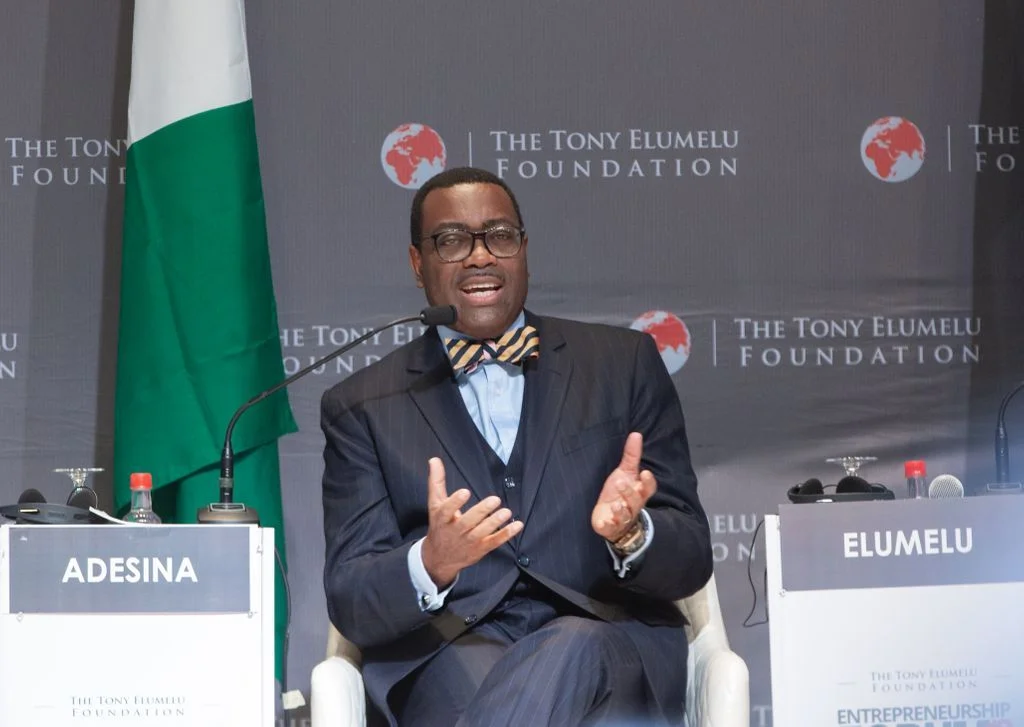Background
Remittances are a focus of The Youth Café regarding international cooperation in Africa, helping to reduce poverty and generate domestic resources. Sustainable Development Goal (SDG) 10 aims to reduce the transaction costs of migrant remittances to under 3% and eliminate corridors with costs above 5%. Despite recent progress, costs stagnate around 7% with strong disparity between corridors. This disproportionately affects young people, who are more likely to be 'undocumented', 'unbanked', and poor. And yet youth are at the forefront in the use of new technologies like mobile money. In 2014, the AU established the African Institute for Remittances (AIR) with support from the EU. It provides statistical data (SendMoneyAfrica comparison database) and promotes change in legal and regulatory frameworks. However, further awareness and transparency about remittance fees and standards is needed, as well as more user-friendly applications and capacity support to innovative solutions from both regions.
Our objectives on Governance, Remittances:
“With an end-objective of lower remittance costs, to increase transparency on remittance fees and expand transfer options.”
“Remittance market transparency is increased, reducing Africa’s remittance costs and improving industry standards as well as collaboration between private and public stakeholders, through a comprehensive remittance service platform. ”
“Create a platform that is citizen- and youth-centric, easy to access and user-friendly, and provides up-to-date sourcing of remittance prices.”
“Raises awareness of innovative and emerging remittance transfer solutions in Africa.”
“Networking events build capacities for emerging transfer solutions, help build bridges between them and support innovative solutions which are today only active in a few of the countries in Africa.”
Our activities and aspirations for Governance: Remittances
Performing market research on existing remittance transfer/comparison options and lessons learned;
Developing or adapting a digital platform: automatically collecting data on remittance transfer services (scraping tool), enabling user-friendly and comprehensive remittance fees comparison. The project may draw synergies with the Send Money Africa database of the African Institute for Remittances (https://www.sendmoneyafrica-auair.org).
Communicating, dissemination of findings and promotion of the platform and tools.
Building the capacity of emerging low-cost providers and foster collaboration between African solutions.
Organizing regional remittance summits in Africa, inclusive of all major stakeholders (public and private, remittances specific and related industries, innovative entrepreneurs/SMEs, youth);
Implementing a sustainability business model to keep the remittances tool up to date, seeking sponsors, pro-bono contribution, institutional anchoring, etc.

